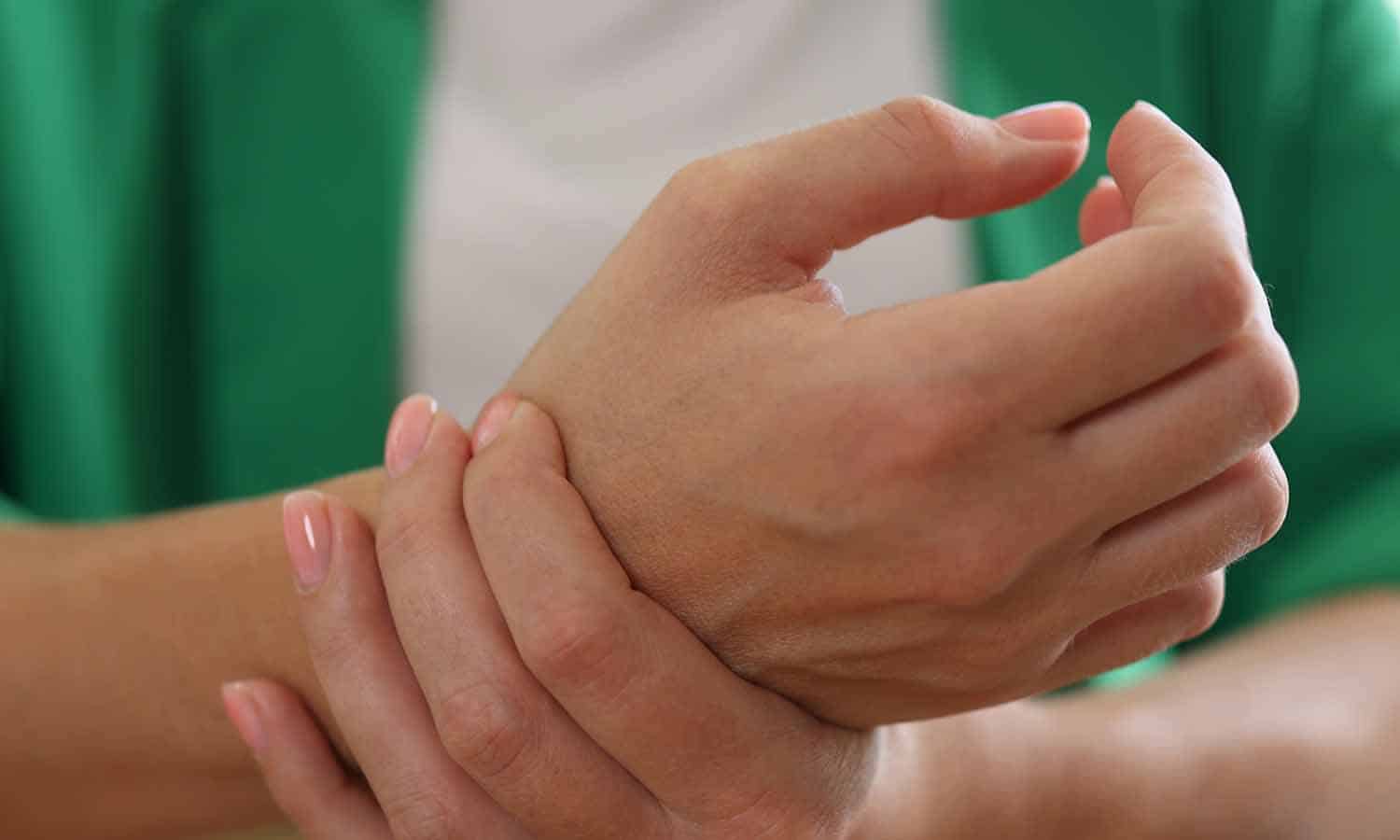
What Is Neuropathy?
Neuropathy is a condition that affects the nerves in the body. It can cause pain, numbness, tingling, burning sensations, or weakness in the hands and feet. Neuropathy can be caused by a variety of factors, including diabetes, chemotherapy drugs used to treat cancer, autoimmune diseases such as lupus or rheumatoid arthritis, vitamin deficiencies such as B12 deficiency or thiamine deficiency (vitamin B1), alcohol abuse, or excessive use of certain medications such as antibiotics or anti-seizure medications.
If you are experiencing any of these symptoms, you must talk to your doctor to determine if you can benefit from a pain management program that takes a holistic approach, including diet, exercise, and physical rehabilitation.
Let’s discuss the signs and symptoms of neuropathy and how it is diagnosed.
Signs and Symptoms of Neuropathy
The most common signs and symptoms of neuropathy include:
- Numbness or tingling in the hands and feet
- Burning sensations or sharp pains in the extremities
- Weakness in the muscles of the hands and feet
- Loss of sensation in affected areas
- Difficulty walking due to muscle weakness or balance issues
- Loss of reflexes in affected areas
- Muscle cramps or spasms
Diagnosing Neuropathy
To diagnose neuropathy, your doctor will likely perform a physical exam and order blood tests for diabetes or other conditions that may be causing your symptoms. Your doctor may also request an electromyogram (EMG), which measures electrical activity in your muscles; an MRI, which can show any damage to your nerves; nerve conduction studies, which measure how quickly signals travel through your nerves; or a nerve biopsy, which involves taking a small sample of tissue from one of your nerves for further examination. Your doctor may also ask about any medications you are taking that could be causing nerve damage.
Treatment Options for Neuropathy
Once you have been diagnosed with neuropathy, several treatment options are available depending on what is causing your symptoms. These include lifestyle changes such as quitting smoking or limiting alcohol consumption; physical rehabilitation; medications such as antidepressants or anticonvulsants; topical creams; acupuncture; electrical stimulation therapy; surgery; and dietary supplements such as omega-3 fatty acids.
Some of the most cutting-edge treatments available today are the NASA-developed infrared light therapy, whole-body vibration therapy to increase peripheral circulation, nutritional therapy focused on specific areas, and mild electrical stimulation regimens to block brain signals associated with sensory pain. Talk with your doctor about the best treatment options for you based on what is causing your neuropathic symptoms.
Taking The First Step
Neuropathy can be a debilitating condition that impacts millions of Americans. If you feel like you might be suffering from neuropathy, the first step is getting a diagnosis. All-American Medical has extensive expertise in diagnosing and treating all types of neuropathy using the latest medical advancements and technology.
Our team takes a comprehensive approach to care that addresses each patient’s unique needs. Whether looking for cutting-edge treatments, compassionate support, or holistic lifestyle guidance, All-American Medical has the tools and knowledge to help neuropathy patients live life to the fullest. Don’t let neuropathy symptoms hold you back – schedule an appointment today to learn how they can help you on your road to wellness.
